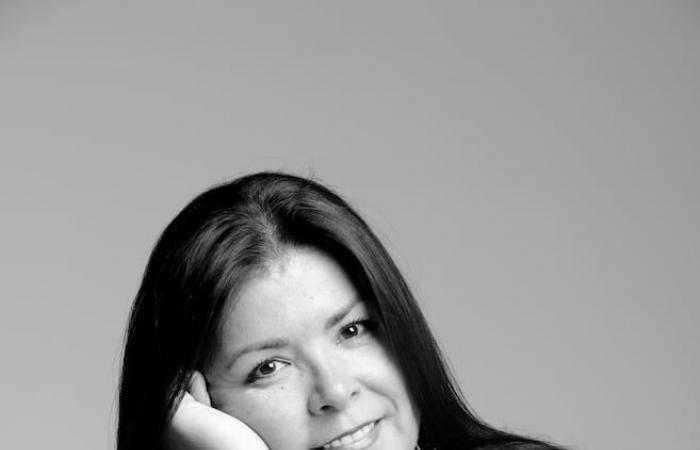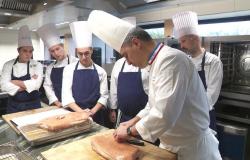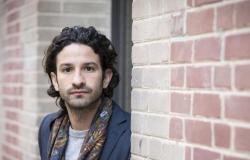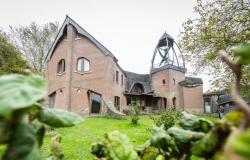In interview with The SunCyndy Wylde is clear: the presence of her essay on bookstore shelves does not signal the end of her approach. Far from it.
“Writing the essay is one thing, but it’s really what happens next that is decisive. If it’s interesting, it’s because we’re thinking together,” says the author from the Pikogan community located in the northeast of Abitibi-Témiscamingue.
Developed alongside the writing of her doctoral thesis, the essay published in April popularizes in particular the issues relating to incarcerated indigenous women. An employee of the prison system herself for many years, Cyndy Wylde relates the realities that afflict Indigenous inmates while raising “the persistence of systemic racism” towards First Nations women.
“When we do a doctoral thesis, it’s a subject that we carry with us for several years and so it’s certain that I claimed to have some elements to share on this,” she says. “It’s a pretext for me to use some elements of my thesis and transform them into a general public essay that could interest people in the issues of the system.”
“A crisis”
Indigenous women in detention are not treated adequately, insists the author. Moreover, First Nations women are over-represented in Quebec detention facilities. “We need to revise the entire system,” she says when asked about the conclusions of her research.
“It’s a crisis for me and the numbers bear it out. At the federal level, one in two incarcerated women is Indigenous and, in Quebec, one in ten women, while we represent 2.3% of the population.”
Despite everything, Cyndy Wylde is hopeful. “There are so many hands outstretched today that I don’t think we can return to a situation that is as negative as before,” she emphasizes. Among the opportunities for dialogue, the author considers the First Nations Book Fair as an opportunity to “encourage indigenous writing” and “recognize speaking out.”
“It’s a space that is culturally safe for us. It’s our living room, Cyndy Wylde rejoices. “To see all this indigenous literature makes me so proud because I tell myself that we have so much to share and discuss.”
Reach out
Published by Éditions Hannenorak, his essay now allows him to establish a dialogue with his readers. Her “primary intention”, in carrying out this project, has always been to initiate reflection on possible changes, she assures.
“We talk a lot about intergenerational trauma, but there are also beautiful things that have been transmitted intergenerationally, including insubordination.”
The author also highlights her almost systematic use of concrete and personal examples to illustrate her point throughout the essay. She notes a greater understanding and better assimilation of the realities explained when she does this.
“I wanted it to spark discussion and reflection. It’s not to feel sorry for ourselves, not at all, it’s to illustrate all the areas where it doesn’t work and what is possible to do as an individual and as a society.”
The First Nations Book Fair will be held from November 14 to 17. Cyndy Wylde will notably participate in the interview “Survive and bequeath to the feminine” at the Maison de laliterature, on Friday, November 15.






